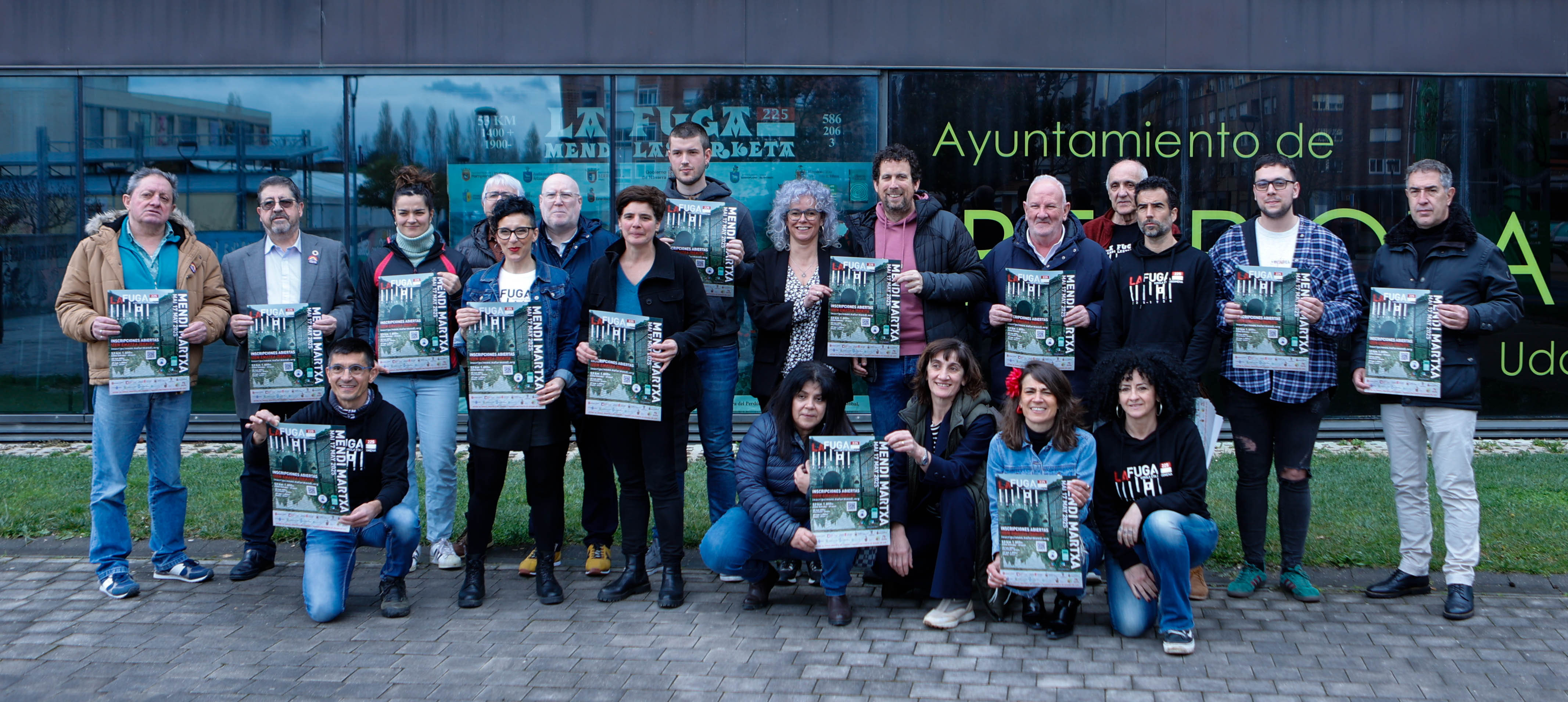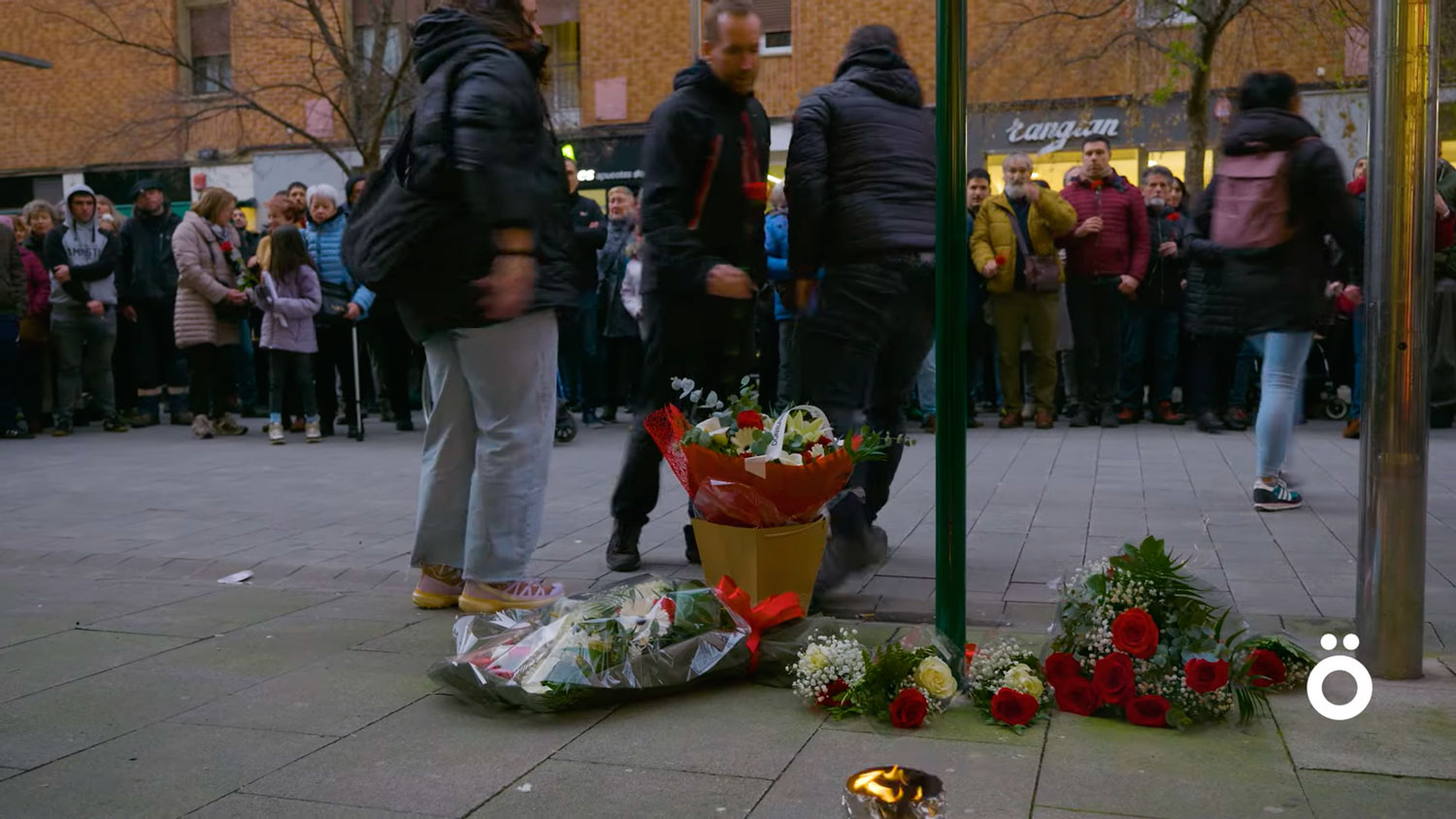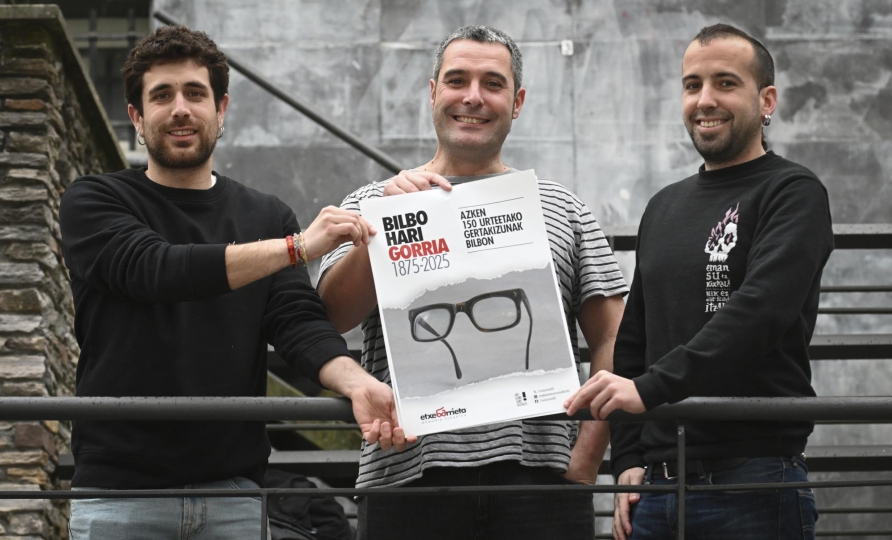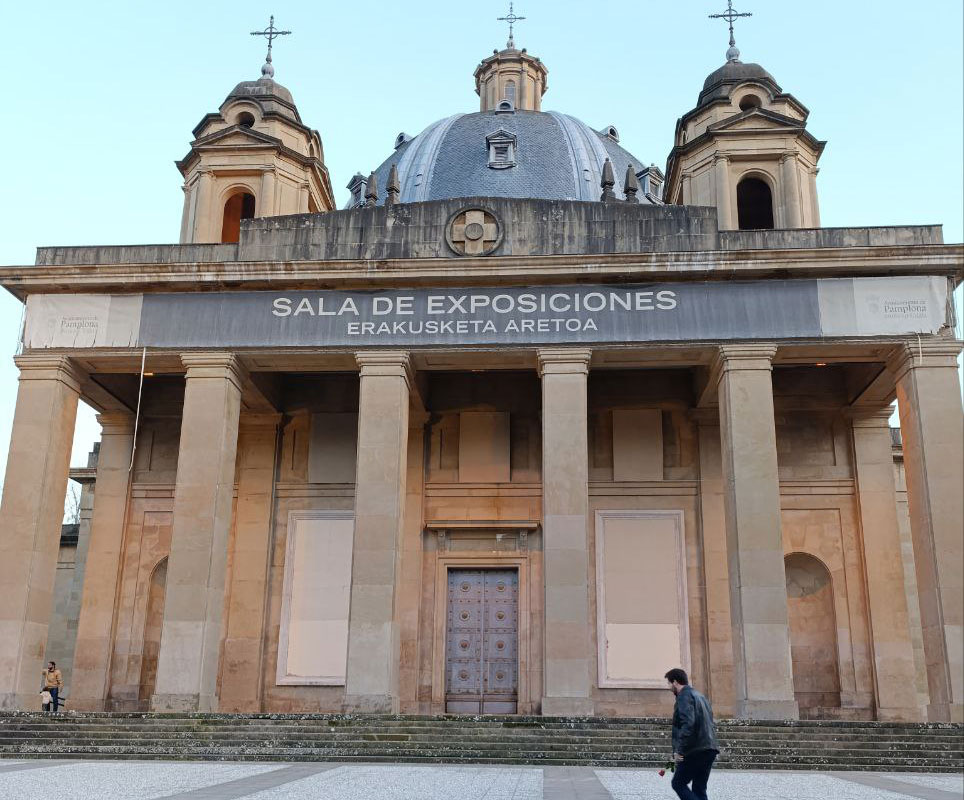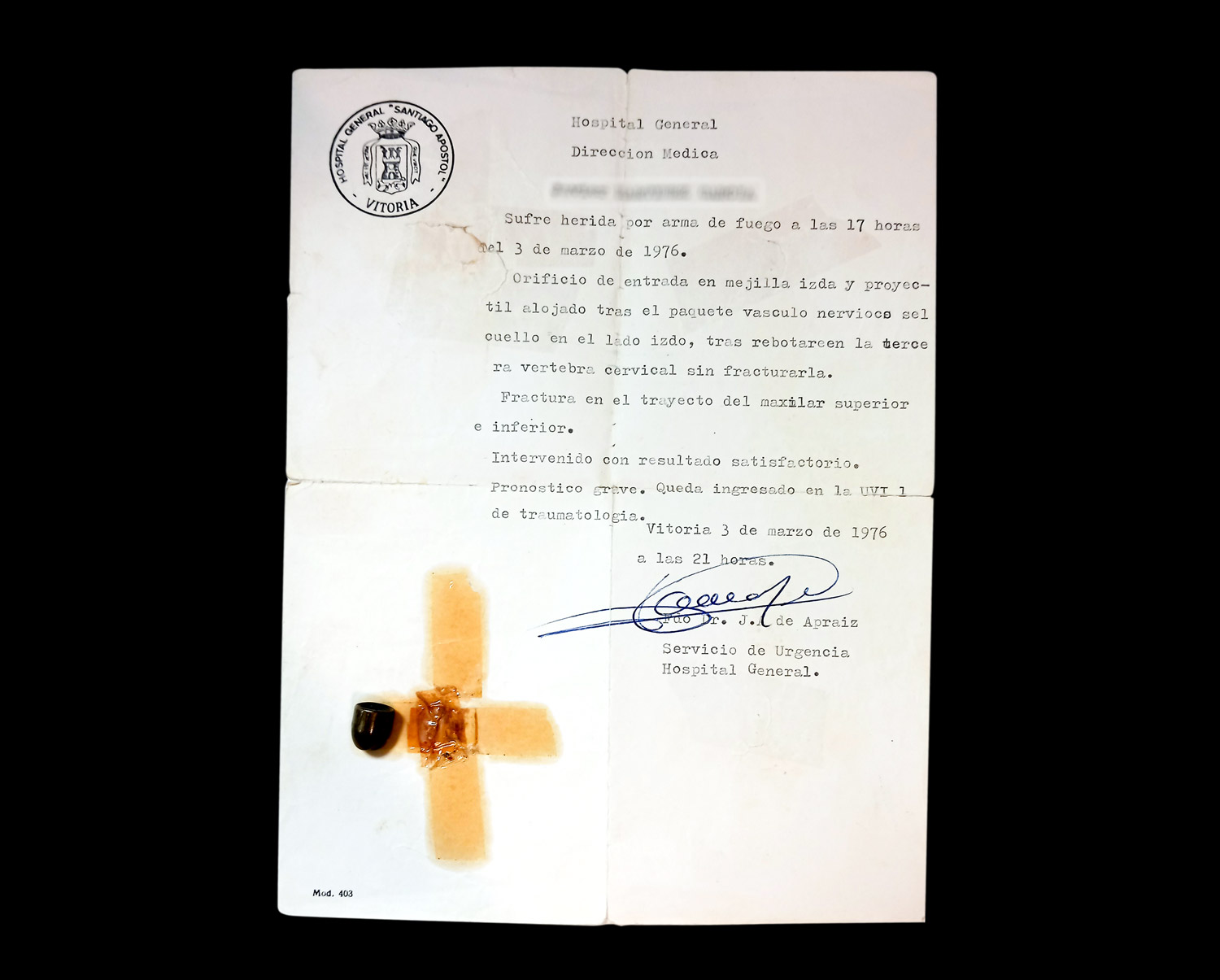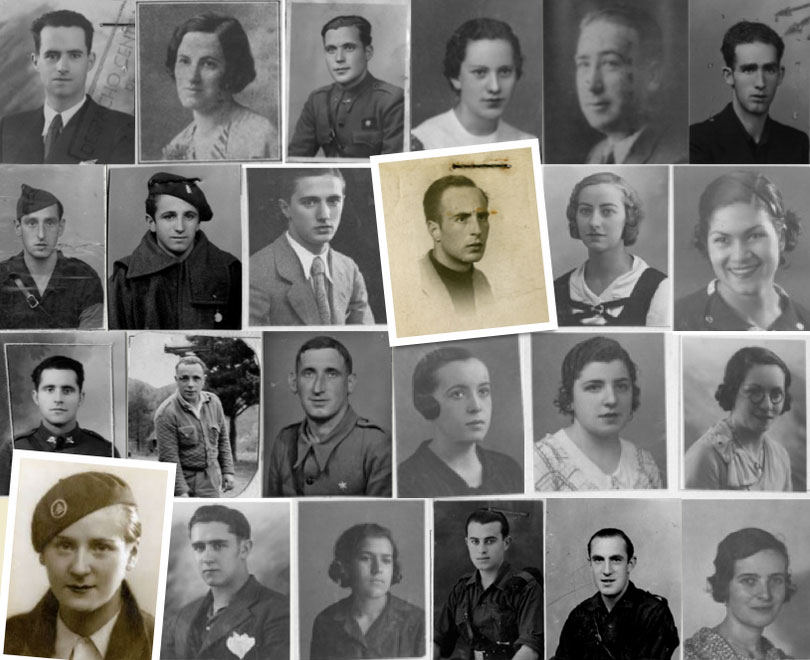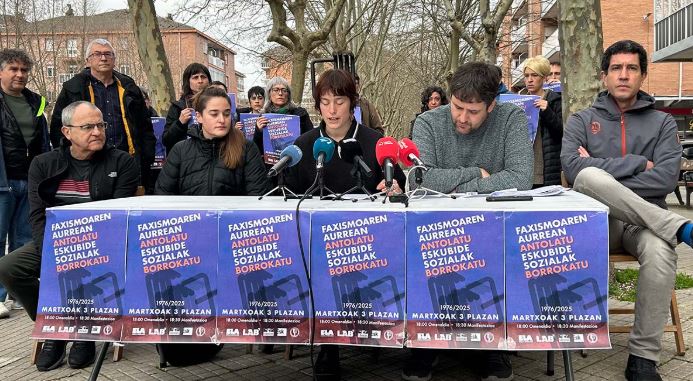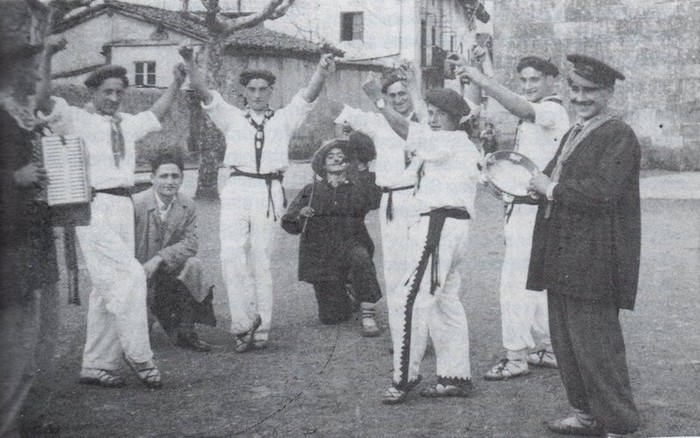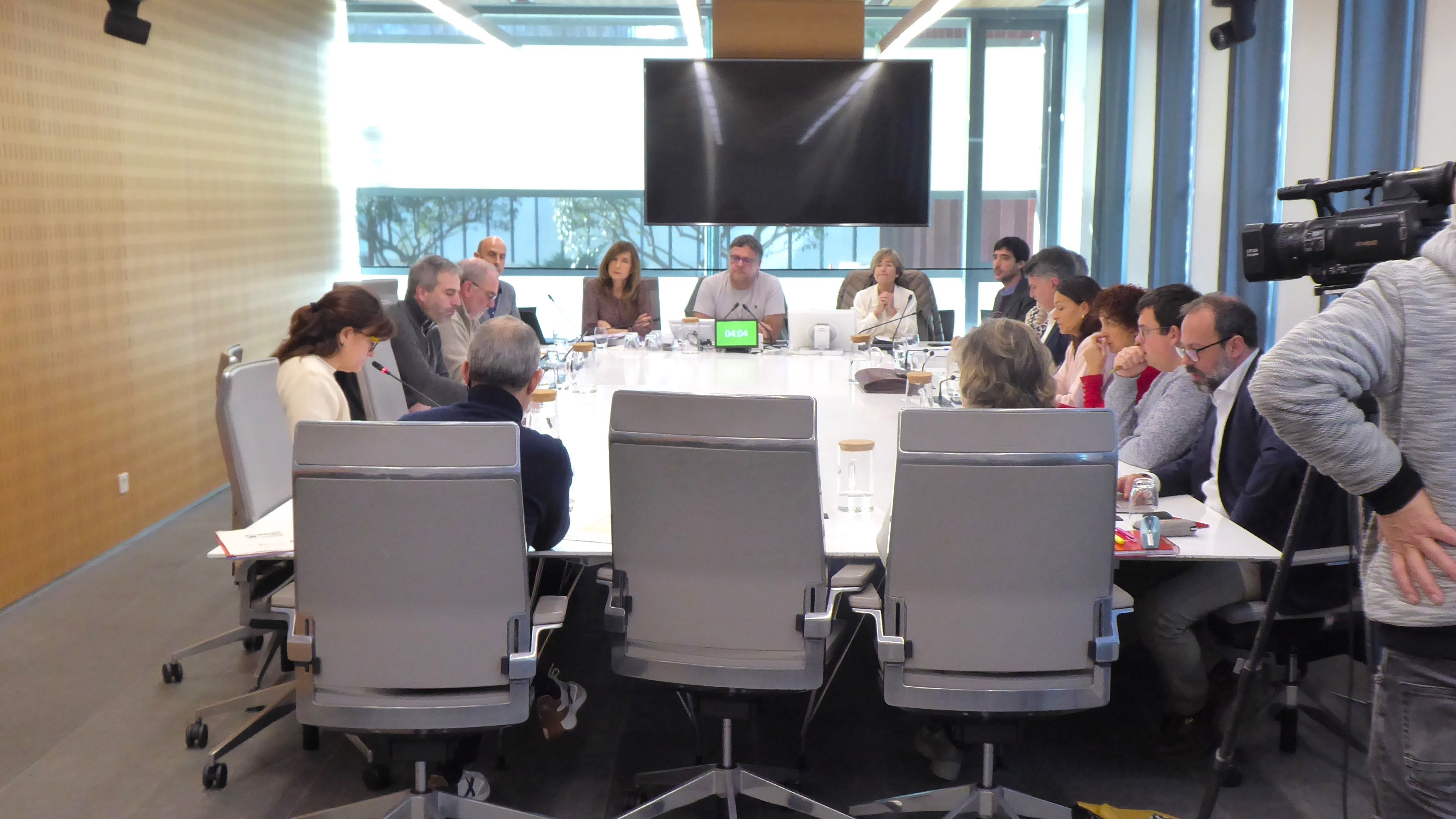We are memory
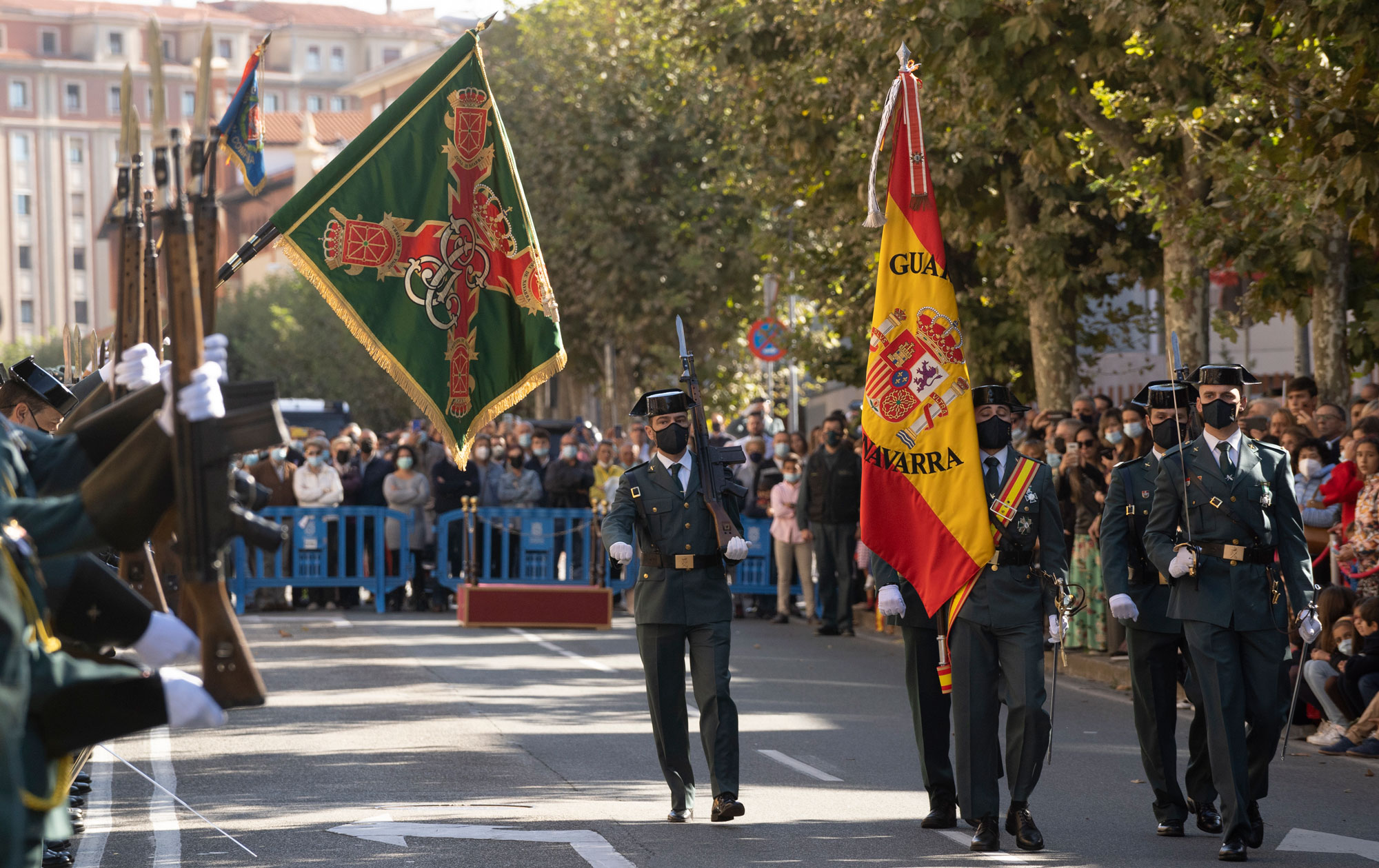
History helps us understand what happened, but also what we are today. How do we understand the world today without knowing the origin of the United States and the birth of the French Revolution? How can we understand current Western hegemony without exploring the roots of European colonialism over the past five centuries? How do we understand what is happening in the Middle East without knowing the British Mandated, the Balfour Declaration or the birth of Zionism?
You can drive without looking at the rear-view mirror, but you can say that the driver is in an accident before it is too late. Looking back helps us learn from past mistakes and not repeat them. And if theoretically, in a world governed by the logic of human rights, murder, rape and looting are despicable, Europe should recognise that they have been the daily bread in its colonial history.
If this were the case, the current Spanish State would have no difficulty in saying a simple “sorry” when looking at America: “When the conquest of our ancestors caused millions of deaths, looting, expropriation, slavery... We are not guilty of these facts, but we feel that our ancestors have committed these savages.” If that is said honestly, it is said a lot. Then there may be a request for forgiveness, or a joint reflection on what happened, a moral, monetary reparation, a declaration of the will not to repeat ... someone knows what, but otherwise a new ground would be consolidated to look to the future.
It is high time that Spain started settling all this debt. This moment when the Mexican authorities have stimulated the government of Spain with forgiveness would be an opportunity to take a step, but Spain continues in the perspective of “pride in shared history”. This view of the past tells us a great deal about the current attitude of the Spanish authorities. What about the Basques? The role that many of our ancestors played in that story of death and looting is known, so we too have the opportunity to do a similar exercise.
Although coming to the Basque conflict, the perspective of the memory that the Spanish State has been working on in the last fifteen years has been more the attempt to consolidate the story of the winner than an instrument to work together in the future. Some are more interested in the political use of the word condemns than in exploring the paths that this “sorry” can take. New paths based on human rights and democratic principles. Many steps still need to be taken everywhere, but surely everything would be very different if the Civil Guard confessed what we all know in the October 12 parades: “Yes, we torture, we’re sorry.” Of course, it will not happen. That is why, even today, for much of Basque society, these parades are parades of the winner and the oppressor.
Kirola eta oroimena uztartuko dituzte, bigarrenez, mendi-martxa baten bitartez. Ez da lehiakorra izanen, helburua beste bat delako. La Fuga izeneko mendi martxak 1938ko sarraskia gogorarazi nahi du. Ezkabako gotorlekuan hasi eta Urepelen amaituko da. Maiatzaren 17an eginen dute.
Fusilamenduak, elektrodoak eta poltsa, hobi komunak, kolpismoa, jazarpena, drogak, Galindo, umiliazioak, gerra zikina, Intxaurrondo, narkotrafikoa, estoldak, hizkuntza inposaketa, Altsasu, inpunitatea… Guardia Zibilaren lorratza iluna da Euskal Herrian, baita Espainiako... [+]
Gogora Institutuak 1936ko Gerrako biktimen inguruan egindako txostenean "erreketeak, falangistak, Kondor Legioko hegazkinlari alemaniar naziak eta faxista italiarrak" ageri direla salatu du Intxorta 1937 elkarteak, eta izen horiek kentzeko eskatu du. Maria Jesus San Jose... [+]
Familiak eskatu bezala, aurten Angel oroitzeko ekitaldia lore-eskaintza txiki bat izan da, Martin Azpilikueta kalean oroitarazten duen plakaren ondoan. 21 urte geroago, Angel jada biktima-estatus ofizialarekin gogoratzen dute.
Bilbo Hari Gorria dinamikarekin ekarriko ditu gurera azken 150 urteetako Bilboko efemerideak Etxebarrieta Memoria Elkarteak. Iker Egiraun kideak xehetasunak eskaini dizkigu.
33/2013 Foru Legeari Xedapen gehigarri bat gehitu zaio datozen aldaketak gauzatu ahal izateko, eta horren bidez ahalbidetzen da “erregimen frankistaren garaipenaren gorespenezkoak gertatzen diren zati sinbolikoak erretiratzea eta kupularen barnealdeko margolanak... [+]
1976ko martxoaren 3an, Gasteizen, Poliziak ehunka tiro egin zituen asanbladan bildutako jendetzaren aurka, zabalduz eta erradikalizatuz zihoan greba mugimendua odoletan ito nahian. Bost langile hil zituzten, baina “egun hartan hildakoak gehiago ez izatea ia miraria... [+]
Memoria eta Bizikidetzako, Kanpo Ekintzako eta Euskarako Departamentuko Memoriaren Nafarroako Institutuak "Maistrak eta maisu errepresaliatuak Nafarroan (1936-1976)" hezkuntza-webgunea aurkeztu du.








